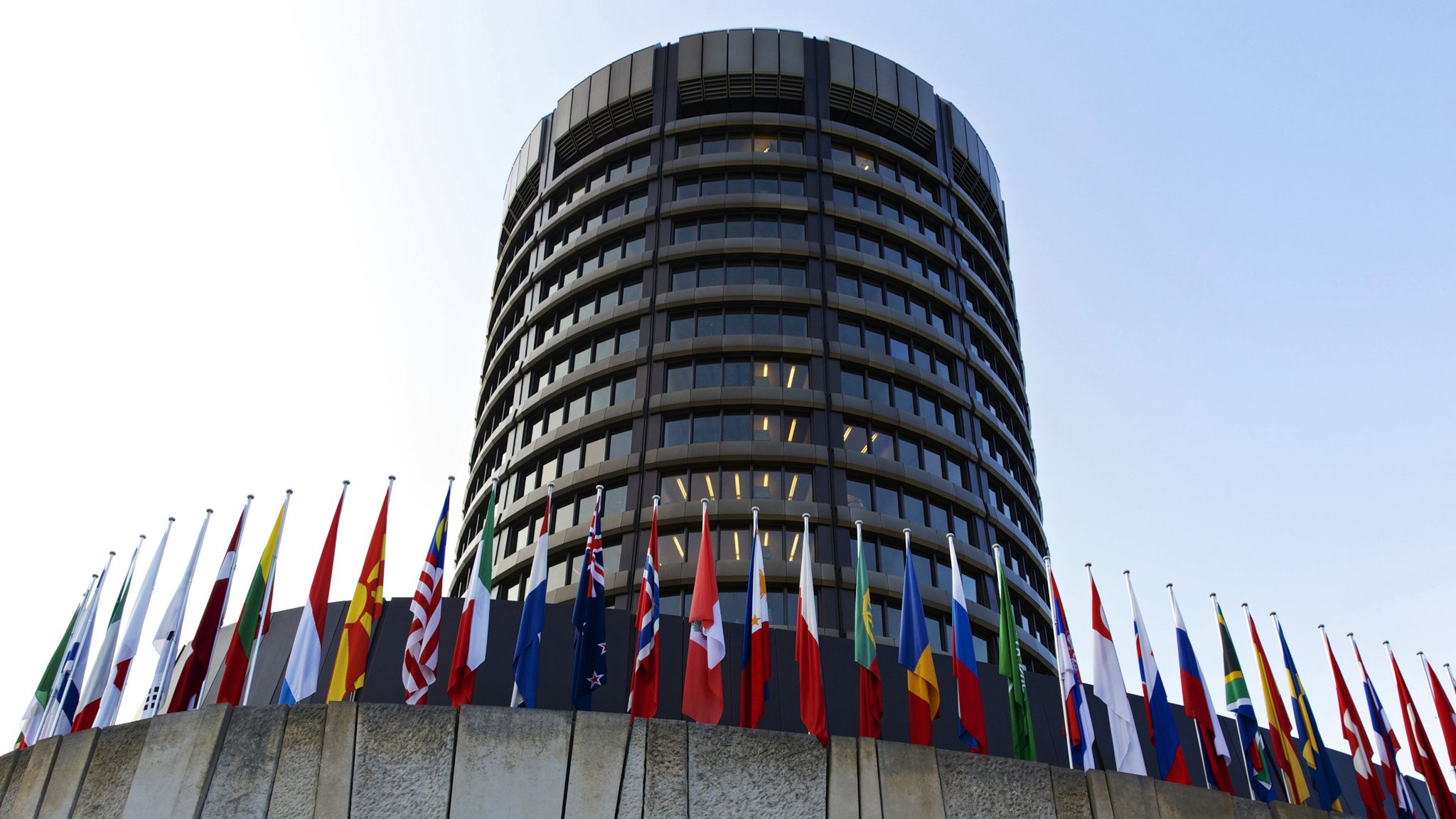Crypto Advocates Slam BIS Over ‘Isolation Strategy’ for Digital Finance
21.04.2025 11:00 2 min. read Alexander Stefanov
A sharp divide is emerging between global banking authorities and crypto industry leaders over the future of digital finance.
The Bank for International Settlements (BIS) recently released a report calling for stricter boundaries between the crypto sector and traditional financial systems, sparking strong criticism from within the crypto space.
Christopher Perkins, president of CoinFund, was quick to condemn the BIS proposal, calling it misguided and risky. In a post on April 19, he accused the institution of pushing a strategy rooted in “fear, arrogance, or ignorance,” warning that efforts to quarantine crypto could actually destabilize global markets.
The BIS report, published April 15, argues that the rapid growth of cryptocurrencies and decentralized finance (DeFi) poses potential threats to financial stability and investor protection. The suggested response: keep crypto markets isolated from conventional banking infrastructure.
But Perkins believes this containment mindset ignores the nature of crypto entirely. He described digital assets as a borderless financial system operating 24/7—unlike traditional markets that shut down after hours. “Trying to wall off crypto doesn’t reduce risk,” he said. “It amplifies it by disconnecting real-time liquidity from legacy finance.”
Perkins also pushed back on the report’s concerns over developer anonymity in DeFi, arguing that traditional finance rarely discloses technical contributors either. In his view, DeFi offers more transparency than private financial institutions that operate largely out of public view.
Stablecoins came under fire in the BIS report as well, with regulators warning they could destabilize vulnerable economies. Perkins countered that in countries facing inflation or monetary collapse, access to USD-backed stablecoins may provide real value. “If it improves lives in developing regions, how is that a bad thing?” he asked.
As the crypto industry grows and global regulators struggle to keep pace, the rift over how to manage digital assets is becoming harder to ignore. Whether crypto remains a parallel system—or is allowed to fully integrate—may depend on how these opposing visions play out in the years ahead.
-
1
Tether’s Hypothetical IPO Could Value It Above Coca-Cola, CEO Suggests
10.06.2025 11:00 1 min. read -
2
UK Regulators Unveil PISCES – A New Era for Private Share Trading
11.06.2025 15:00 2 min. read -
3
Trump Turns 79 With Billions in Crypto and a $45M Parade
14.06.2025 22:00 2 min. read -
4
Polygon Breaks from Decentralization as Sandeep Nailwal Assumes Full Control
11.06.2025 20:00 2 min. read -
5
KuCoin Plants Its Flag in Bangkok With a Licensed Thai Exchange
14.06.2025 13:00 1 min. read
At Least Five Law Firms Target Former Strategy Over Misleading BTC Risk Disclosures
Bitcoin-focused investment firm Strategy Inc. (formerly MicroStrategy) is facing mounting legal pressure as at least five law firms have filed class-action lawsuits over the company’s $6 billion in unrealized Bitcoin losses.
SoFi Returns to Crypto with Trading, Staking, and Blockchain Transfers
Digital banking platform SoFi Technologies is making a strong return to the cryptocurrency space, relaunching its crypto trading and blockchain services after stepping away from the sector in late 2023.
Chinese Tech Firms Turn to Crypto for Treasury Diversification
Digital assets are gaining ground in corporate finance strategies, as more publicly traded companies embrace cryptocurrencies for treasury diversification.
Ripple Faces Legal Setback as Court Rejects Bid to Ease Penalties
Ripple has been dealt another legal blow after a federal judge rejected its attempt to ease court-imposed restrictions and penalties stemming from its long-standing battle with the U.S. Securities and Exchange Commission (SEC).
-
1
Tether’s Hypothetical IPO Could Value It Above Coca-Cola, CEO Suggests
10.06.2025 11:00 1 min. read -
2
UK Regulators Unveil PISCES – A New Era for Private Share Trading
11.06.2025 15:00 2 min. read -
3
Trump Turns 79 With Billions in Crypto and a $45M Parade
14.06.2025 22:00 2 min. read -
4
Polygon Breaks from Decentralization as Sandeep Nailwal Assumes Full Control
11.06.2025 20:00 2 min. read -
5
KuCoin Plants Its Flag in Bangkok With a Licensed Thai Exchange
14.06.2025 13:00 1 min. read

